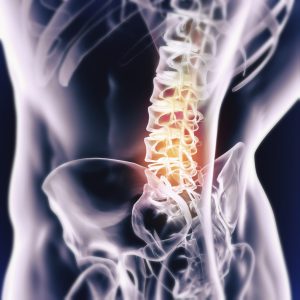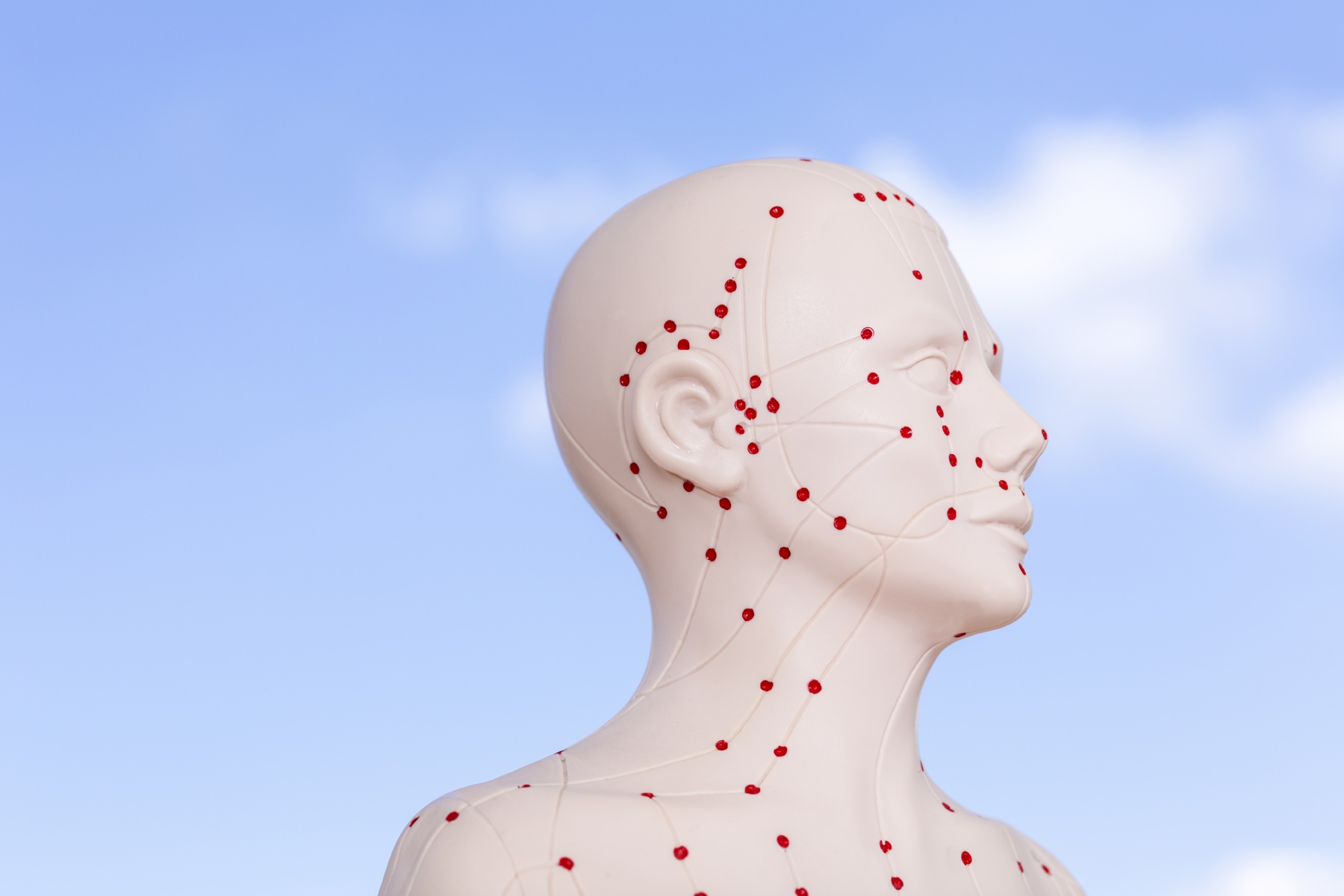With Instructor Anthony Von der Muhll, L.Ac., DAOM, DNBAO, FAIPM
has been added to your cart!
First time user? Your account will be automatically be created after purchase. Please note:
--Webinars require continuous attendance on the date(s) offered to receive PDAs/CEUs. If you cannot attend, please consider a self-paced distance-learning version instead, if available, or another class that you will be able to attend.
--Ebooks are included with class purchase--please do not purchase both. When purchased separately, Ebooks are for informational purposes only--no PDAs/CEUs.
Questions? Please visit our FAQ page. Thank you for your purchase!
Basics of Low Back
has been added to your cart!
First time user? Your account will be automatically be created after purchase. Please note:
--Webinars require continuous attendance on the date(s) offered to receive PDAs/CEUs. If you cannot attend, please consider a self-paced distance-learning version instead, if available, or another class that you will be able to attend.
--Ebooks are included with class purchase--please do not purchase both. When purchased separately, Ebooks are for informational purposes only--no PDAs/CEUs.
Questions? Please visit our FAQ page. Thank you for your purchase!
Low Back, Core, Pelvic Girdle:
Anatomy Lab for Acupuncturists
with Jamie Bender
Fri May 3, 2024, 9:00-6:00, at ACCHS, Oakland CA
8 NCCAOM PDAs & CEUs Category 1 approved
has been added to your cart!
First time user? Your account will be automatically be created after purchase. Please note:
--Webinars require continuous attendance on the date(s) offered to receive PDAs/CEUs. If you cannot attend, please consider a self-paced distance-learning version instead, if available, or another class that you will be able to attend.
--Ebooks are included with class purchase--please do not purchase both. When purchased separately, Ebooks are for informational purposes only--no PDAs/CEUs.
Questions? Please visit our FAQ page. Thank you for your purchase!
Low Back, Core, Pelvic Girdle:
History-Taking, Exam, Assessment, Treatment
with Anthony Von der Muhll
Sat-Sun May 4-5, 2024, 9:00-6:00, at ACCHS, Oakland CA
16 NCCAOM PDAs & CAB CEUs Category 1 approved
has been added to your cart!
First time user? Your account will be automatically be created after purchase. Please note:
--Webinars require continuous attendance on the date(s) offered to receive PDAs/CEUs. If you cannot attend, please consider a self-paced distance-learning version instead, if available, or another class that you will be able to attend.
--Ebooks are included with class purchase--please do not purchase both. When purchased separately, Ebooks are for informational purposes only--no PDAs/CEUs.
Questions? Please visit our FAQ page. Thank you for your purchase!
Low Back, Core, Pelvic Girdle:
Review & Practicum Lab
with Anthony Von der Muhll
Mon May 6, 2024, 9:00-6:00, at ACCHS, 1600 Broadway, Oakland CA
8 NCCAOM PDAs approved, CAB CEUs Category 1 available on request received prior to March 31, 2024
has been added to your cart!
First time user? Your account will be automatically be created after purchase. Please note:
--Webinars require continuous attendance on the date(s) offered to receive PDAs/CEUs. If you cannot attend, please consider a self-paced distance-learning version instead, if available, or another class that you will be able to attend.
--Ebooks are included with class purchase--please do not purchase both. When purchased separately, Ebooks are for informational purposes only--no PDAs/CEUs.
Questions? Please visit our FAQ page. Thank you for your purchase!
Low Back, Core, Pelvic Girdle -- Distance-Learning Module
with Anthony Von der Muhll
16 NCCAOM distance-learning PDAs approved. Contact us to request CAB CEUs.
has been added to your cart!
First time user? Your account will be automatically be created after purchase. Please note:
--Webinars require continuous attendance on the date(s) offered to receive PDAs/CEUs. If you cannot attend, please consider a self-paced distance-learning version instead, if available, or another class that you will be able to attend.
--Ebooks are included with class purchase--please do not purchase both. When purchased separately, Ebooks are for informational purposes only--no PDAs/CEUs.
Questions? Please visit our FAQ page. Thank you for your purchase!
Clinical anatomy, kinesiology, and the jing-jin ("sinew meridians" or myofascial tracts)
- Bones, muscles, discs and facet joints, and neurology
- Posture and motion dysfunctions
- The arthritic progression: strain/sprain, derangement, degeneration
History-taking: key diagnostic questions
- "Red flag" symptoms of urgent/serious medical conditions potentially warranting referral to physician care: stenosis, tumors, infection, fractures, organ-referred pain and radiculopathies
- Differentiating symptoms of muscles, joint, disc, and spinal cord, and nerve root injuries
- Neural hypersensitization and psycho-social factors
- Functional capacity questionnaires for reporting to managed care insurance
Physical exam of the low back, core and pelvic girdle: how findings can guide acupuncture treatment
- Observation, inspection and palpation
- Joint exam: active range-of-motion and passive stress testing of the lumbar spine, sacroiliac joint and pubic symphysis
- Neurologic exam: upper motor neuron; leg reflex, sensory, and motor function; sciatic neuropathy
- Manual strength testing and referred pain pattern charts for 10 key muscles of the low back, core and pelvic girdle
- Special orthopedic tests for the lumbo-sacral spine
- Documentation of physical exam findings
- Measuring and reporting functional capacity baselines and treatment outcomes
- Clinical flow charts to facilitate efficiency and accuracy in examination
Diagnosis and Pattern Identification
- Lumbo-sacral sprains/strains, postural and motion dysfunctions, and myofascial pain of the iliopsoas, quadratus lumborum, paraspinals, abdominals and gluteals
- True sciatica vs. radiculitis vs. piriformis myofascial pain
- Radiculopathies and stenosis
- Post-partum pain, insufficiency of the iliolumbar and sacrotuberous ligaments, and dysfunctions of the sacroiliac and pubic symphysis joints
- Chronic lumbo-sacral pain, spondylosis, arthritis, degenerative disc disease, scoliosis
- Spondylolisthesis and compression fractures
- Failed low back surgery syndromes
Treatment
- Myofasicial Trigger Point Needling: quadratus lumborum, iliopsoas, gluteals, hip external rotators, and abdominals
- Prolo-acupuncture: iliolumbar, posterior sacro-iliac, and sacro-tuberous ligaments, pubic symphysis, and spondylolisthesis
- Active Cupping: suction + thoraco-lumbar AROM
- Gua sha and tui na to restore lumbo-sacroliac joint mechanics
- Electro-acupuncture for radiculopathies, cord compression and sciatica
- 3-edged, lancet and 7-star needle therapies
- Exercise therapy, sport and work ergonomics

